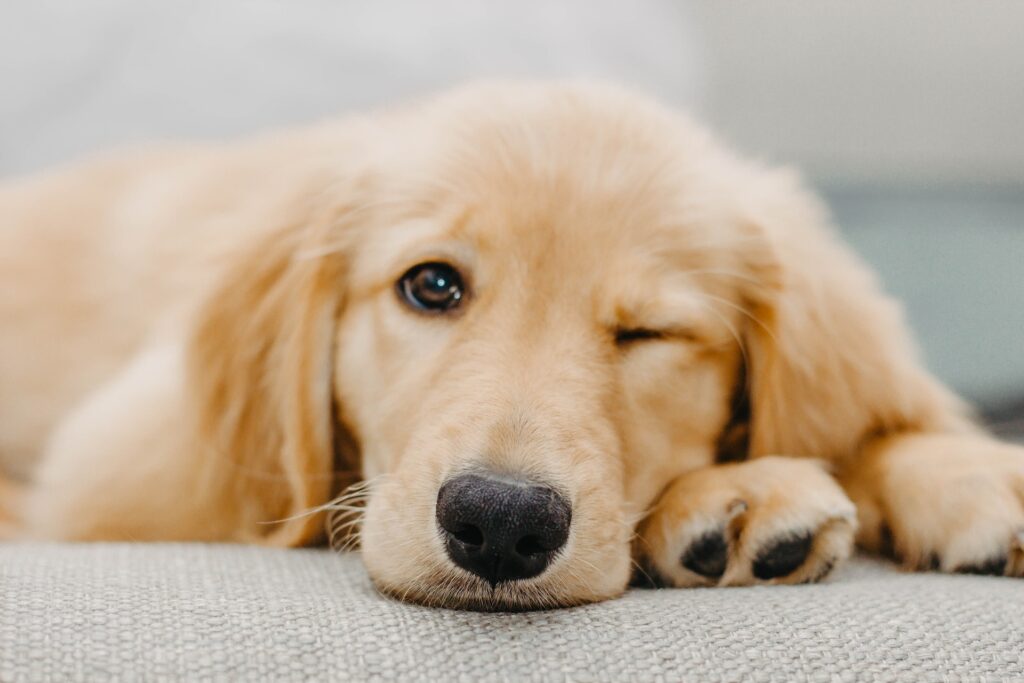Hydration for Pet Care
Hydrating Your Canine Companion: Tips for Ensuring Optimal Dog Hydration
Hydrating Your Canine Companion: Tips for Ensuring Optimal Dog Hydration
Dogs, like humans, require proper hydration for their overall health and well-being. Water is essential for various bodily functions in canines, such as regulating body temperature, aiding digestion, and promoting proper organ function. As a responsible pet owner, it is crucial to ensure that your furry friend stays well-hydrated at all times. Here are some tips to help you maintain optimal dog hydration:
1. Provide Fresh and Clean Water
Always make sure your dog has access to fresh, clean water throughout the day. Change the water at least once or twice a day, more frequently during hot weather or if your dog tends to slobber or play in the water bowl. Stagnant or dirty water may discourage your dog from drinking, leading to dehydration.
2. Choose the Right Water Bowl
Invest in a sturdy and non-toxic water bowl that is appropriately sized for your dog. Avoid plastic bowls, as they can leach harmful chemicals into the water. Opt for stainless steel or ceramic bowls that are easy to clean and maintain. Consider using a weighted or spill-proof bowl if your dog tends to knock over its water bowl.
3. Monitor Water Intake
Keep an eye on how much water your dog is drinking on a typical day. While individual needs may vary, dogs generally need an ounce of water per pound of body weight. Monitoring water intake can help you identify changes in drinking habits, which may indicate an underlying health issue.
4. Hydration during Outdoor Activities
If you and your furry friend enjoy outdoor activities, ensure they have access to water during these outings. Carry a portable water bottle and a travel bowl to provide your dog with regular opportunities to drink. Remember, dogs can get dehydrated quickly, especially in hot weather or during intense physical exercise.
5. Add Water to Their Food
One way to increase your dog’s water intake is by adding water to their dry food. This can be particularly beneficial if you have a picky eater or a dog prone to urinary tract issues. Consult with your veterinarian for specific recommendations on the ideal moisture content for your dog’s food.
6. Provide Hydration-Rich Treats
In addition to regular water intake, you can offer your dog treats that have high water content. For instance, freezing low-sodium chicken or beef broth into ice cubes can provide a refreshing and hydrating treat during hot weather.
7. Recognize Signs of Dehydration
It’s crucial to know the signs of dehydration in dogs, as early detection can prevent serious health complications. Some common signs of dehydration include:
-
- Excessive panting
-
- Dry nose and gums
-
- Lethargy or weakness
-
- Loss of appetite
-
- Sunken eyes
-
- Decreased skin elasticity
-
- Dark urine or decreased urination
If you notice any of these signs, try to encourage your dog to drink water and contact your veterinarian for further guidance.
FAQs
Q: How often should I change my dog’s water?
A: It is recommended to change your dog’s water at least once or twice a day. However, if the water becomes dirty or contaminated, you should change it immediately.
Q: Can I give my dog flavored water?
A: While dogs generally prefer plain water, some flavored waters may be safe for them in moderation. However, it’s important to avoid artificially sweetened or carbonated beverages as they can be harmful to dogs.
Q: What are some signs of overhydration in dogs?
A: Overhydration, though rare, can occur in dogs. Some signs to watch out for include excessive drooling, vomiting, lethargy, bloating, and confusion. If you suspect overhydration, seek veterinary assistance immediately.
Q: Can my dog drink from lakes or pools?
A: It is generally not recommended for dogs to drink water from natural bodies like lakes or pools. They may contain harmful bacteria, parasites, or chemicals. Always provide your dog with clean and fresh water.
Conclusion
Proper hydration is vital for your canine companion’s health and well-being. By following these tips and monitoring your dog’s water intake, you can ensure they stay hydrated and avoid dehydration-related complications. Remember that each dog is unique, so it’s essential to consult with your veterinarian regarding any specific concerns or requirements your furry friend may have. Together, let’s keep our four-legged companions happy, healthy, and hydrated!

